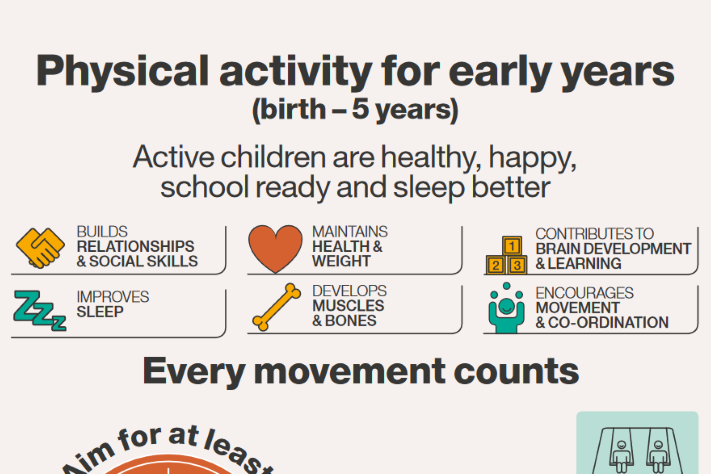Health Secretary Jeremy Hunt will announce new nursing degree apprenticeship, opening up a career in nursing to more people.
The first apprentice nurses could be working on wards from September, and once established, up to 1,000 apprentice nurses could join the NHS each year.
Aspiring nurses will join the apprenticeship at different stages, depending on their qualifications and experience, and stay in work whilst learning. By offering staff who want to progress more flexibility, regardless of whether they are health care support workers or already working towards higher level qualifications, employers will be able to open up a career in nursing to people from all backgrounds.
The new nursing associate role will work alongside healthcare support workers to deliver hands on care, freeing up existing nurses so they can spend more time using their more specialist training to focus on clinical duties and take more of a lead in decisions round a patient’s care. Interest in the role has already seen Health Education England expand the number of training places on the pilot scheme increase from 1,000 to 2,000.
People who complete the nursing associate apprenticeship will be able to count that training towards a nursing degree.




